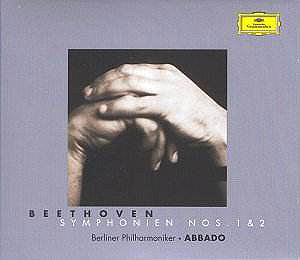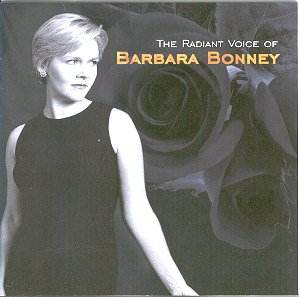 Composer: Jean Sibelius
Composer: Jean Sibelius
Works: Illalle, op. 17/6; Den judiska flickans sång, from Belshazzar’s Feast, op. 51; 6 Songs, op. 36; Jag är etz träd, op. 57/5; Necken, op. 57/8; 5 Songs, op. 37; Vem styrde hit din väg? Op. 90/6; Norden, op. 90/1; 6 Songs, op. 50; Våren flyktar hastigt, op. 13/4; Under strandens granar, op. 13/1
Performers: Katarina Karnéus (mezzo-soprano), Julius Drake (pianoforte)
Recording: 26th-28th June 2001, location not given
Label: Hyperion CDA67318
Sibelius, often hailed for his symphonic and orchestral masterpieces, has a lesser-known yet equally enchanting side revealed through his vocal works. The recent recording of his songs by mezzo-soprano Katarina Karnéus and pianist Julius Drake offers a fresh exploration of this repertoire. Sibelius’s songs, often overshadowed by his more grandiose compositions, possess a unique lyrical intimacy that reflects the Finnish landscapes and folklore, making this collection a significant addition to both the performer’s discography and the broader understanding of Sibelius as a song composer.
Karnéus’s interpretation reveals a voice that is rich and dark, characteristic of a “low” mezzo-soprano. This contrasts strikingly with the lighter timbre of some of her contemporaries, allowing her to navigate the emotional depth of Sibelius’s music with a compelling dramatic flair. The performance showcases a technical mastery that is particularly evident in the sustained notes and dynamic contrasts within pieces like “Norden, op. 90/1,” where her ability to convey the nuances of the text is matched only by her control over the vocal line. The absence of excessive vibrato in her singing, which can often detract from clarity, allows for a vibrant sound that resonates with the listener, enhancing the poetry of the music.
Drake’s accompaniment is equally noteworthy. His pianistic sensitivity complements Karnéus’s voice beautifully, providing a rich harmonic backdrop without overshadowing the vocal lines. The balance achieved in the recording is commendable; Drake’s playing is characterized by a warm, resonant sound that enhances the lyrical qualities of the songs. In their partnership, one senses a deep musical rapport that allows for a fluid exchange between voice and piano, as in “Våren flyktar hastigt, op. 13/4,” where the interplay between the two creates a captivating dialogue.
The engineering quality of this recording deserves particular mention. Hyperion has captured the nuances of both Karnéus’s voice and Drake’s piano with remarkable clarity, allowing the listener to appreciate the subtleties of Sibelius’s intricate harmonies and melodic lines. The production avoids the pitfalls of overly reverberant acoustics, which can often muddy the texture in vocal recordings, instead offering an intimate atmosphere that invites repeated listening.
Sibelius’s songs can sometimes be dismissed as lesser works in the context of his symphonic output, yet they stand on their own merits. They resonate with the same emotive power and lyrical beauty found in his orchestral compositions. Karnéus and Drake’s recording serves as an excellent introduction to these pieces for those unfamiliar with them, while also providing a fresh perspective for seasoned listeners. The thoughtful selection of songs, ranging from the whimsical to the profoundly introspective, illustrates the versatility of Sibelius’s writing.
This disc not only highlights Karnéus as a major artist but also redefines the place of Sibelius’s vocal works within the canon of classical music. The combination of a strikingly dark voice that commands attention and a pianist who understands the delicate balance of accompaniment creates a compelling listening experience. Sibelius’s songs, illuminated through this performance, reveal a world of emotional depth that merits exploration, making this recording an essential addition to any classical music lover’s collection.



